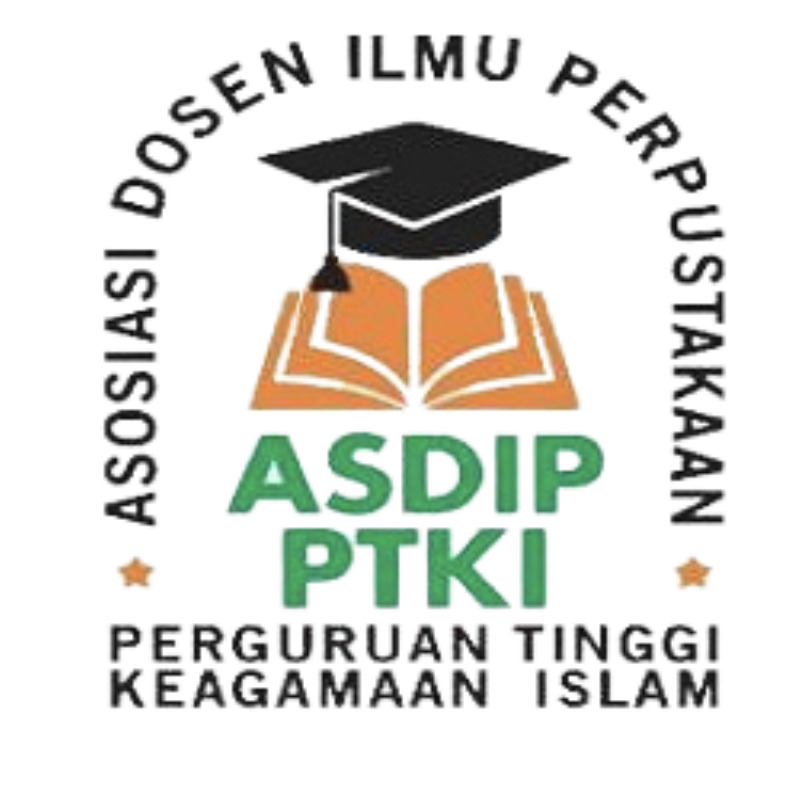Information Product Analysis as An Effort to Improve The Library's Recreational Function
DOI:
https://doi.org/10.29240/tik.v8i1.9882Keywords:
, Information products, library recreation function, Bandung city library & archives officeAbstract
The recreational function in libraries refers to the role that libraries play in providing recreational activities and resources for the community. Although libraries are traditionally associated with the storage and dissemination of knowledge, they also serve as important community centers that offer a range of recreational and entertainment services. The objectives of this study are to: (1) find out the types of information products that can be used to improve the recreational function of the library; (2) find out the user specifications of information products as an effort to improve the recreational function of the library; (3) find out the application areas of information products as an effort to improve the recreational function of the library. The research stages to be carried out are the preparation stage in the form of data collection through surveys and library data, the data processing stage, the data analysis stage, and the preparation of the final report. This research highlights the importance of diversifying library collections. A diverse collection can attract different types of patrons and better meet their recreational needs. This includes fiction, non-fiction books, multimedia, and digital resources. Additional services and facilities are needed. In addition to a diverse collection, research also shows that additional services and facilities, such as comfortable reading rooms, children's play areas, and recreational event programs, can enhance the appeal of libraries as recreational venues.
Downloads
References
Abriani, N., Anggorowati, A., & Wardani, N. P. (2018). Tata Kelola Arsip Kantor Desa di Wilayah Kecamatan Sumbang Kabupaten Banyumas dalam Mewujudkan Tertib Arsip Desa. Khazanah: Jurnal Pengembangan Kearsipan, 11(1), 13–25. https://doi.org/10.22146/khazanah.41536
Amsyah, Z. (2005). Manajemen Kearsipan. Gramedia Pustaka.
Fauziyah, L. G. (2019). Pengelolaan Arsip Desa Di Desa Lumbung Kecamatan Lumbung Kabupaten Ciamis. Dinamika: Jurnal Ilmiah Ilmu Administrasi Negara, 6(2), 117–124. https://jurnal.unigal.ac.id/index.php/dinamika/article/view/2282/2034
Husnita, T.J. & Kesuma, M. E. (2020). Pengelolaan arsip sebagai sumber informasi bagi suatu organisasi melalui arsip manual dan arsip digital. Jurnal El Pustaka, 1(2), 27-41. DOI: 10.24042/el pustaka.v1i2.8503
Moleong, L. J. (2004). Metode Kualitatif. Remaja Rosdakarya.
Nuraida, I. (2012). Manajemen Administrasi Perkantoran. Kanisius.
Peraturan Pemerintah No. 72 tahun 2005 tentang Pemerintahan Desa.
Samsiyah, S., Dewi, S., Herwati, D., & Hermawati, Y. (2018). Pengelolaan Arsip Desa Untuk Membangun Good Governence Di Lingkup Kelurahan Serua, Kecamatan Ciputat, Tangerang Selatan. Seminar Nasional Pengabdian Kepada Masyarakat 2018.
Shariasih, E. 2012. Pelestarian dan Perawatan Arsip Media Baru. Bahan Pendidikan dan Latihan Arsiparis Tingkat Ahli, 2 April 2012.
Sugiarto, A., & Wahyono, T. (2005). Manajemen Kearsipan. Gava Media.
Sugiyono. (2010). Metode Penelitian Kualitatif, Kuantitatif & RND. Alfabeta.
Suliyati, T. (2020). Pengelolaan Arsip Desa Kabupaten Rembang dalam Menunjang Pemerintahan Desa. Anuva: Jurnal Kajian Budaya, Perpustakaan, Dan Informasi, 4(4), 493–507. http://ejournal.undip.ac.id/index.php/anuva
Downloads
Published
Issue
Section
Citation Check
License
Authors who publish with Tik Ilmeu : Jurnal Ilmu Perpustakaan dan Informasi agree to the following terms:
- Authors retain copyright and grant the journal right of first publication with the work simultaneously licensed under a Creative Commons Attribution-NonCommercial-ShareAlike 4.0 International License (CC BY-NC-SA 4.0) that allows others to share the work with an acknowledgment of the work's authorship and initial publication in this journal.
- Authors are able to enter into separate, additional contractual arrangements for the non-exclusive distribution of the journal's published version of the work (e.g., post it to an institutional repository or publish it in a book), with an acknowledgment of its initial publication in this journal.
- Authors are permitted and encouraged to post their work online (e.g., in institutional repositories or on their website) prior to and during the submission process, as it can lead to productive exchanges, as well as earlier and greater citation of published work (See The Effect of Open Access).







 This work is licensed under a
This work is licensed under a 